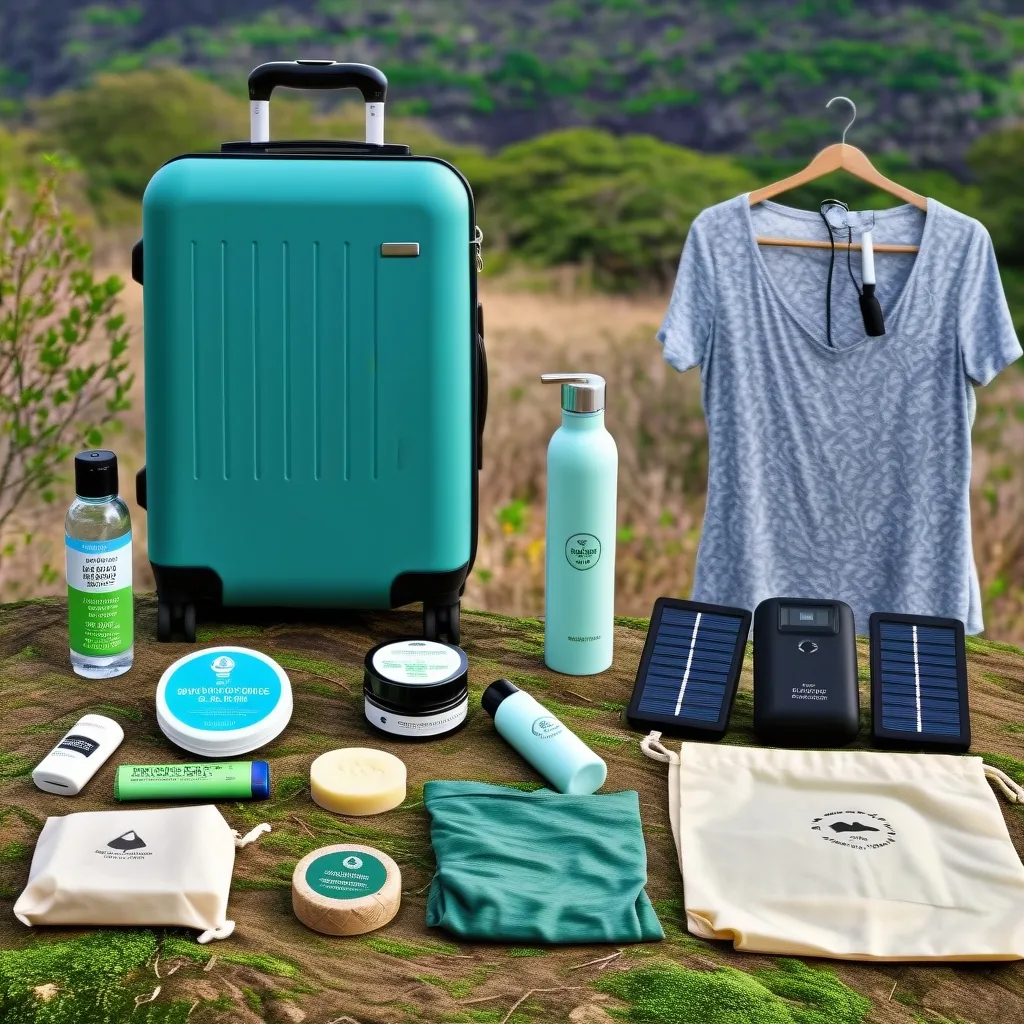Making the switch to reusable shopping bags is one of the simplest yet most impactful changes anyone can make to reduce their environmental footprint. This small adjustment can have far-reaching benefits, from protecting wildlife to conserving natural resources.
The Problem with Single-Use Plastic Bags
Single-use plastic bags have become an ingrained part of modern life, but they come with a significant environmental cost. Made from non-renewable resources like oil and natural gas, these bags contribute to greenhouse gas emissions and climate change. The production process is energy-intensive, consuming large amounts of water and fuel. In the United States alone, 12 million barrels of oil are used annually to manufacture the 30 billion plastic bags consumed each year.
Once discarded, these bags often end up in landfills or as litter, taking hundreds of years to decompose. This not only pollutes our landscapes but also poses a severe threat to wildlife. Animals can become entangled, choke, or be poisoned by plastic bags, with an estimated 1 million marine birds and 100,000 marine mammals dying each year due to plastic ingestion.
How Reusable Bags Make a Difference
Reusable bags provide a straightforward solution to these problems. Let’s dive into how they can make a significant impact.
One of the most compelling reasons to use reusable bags is wildlife protection. Plastic bags can resemble food to many animals, such as sea turtles mistaking them for jellyfish. By switching to reusable bags, we can help prevent these tragic mistakes and save countless lives. It’s heartening to think that using reusable bags could save the lives of more than a million seabirds and 100,000 marine animals every year.
Reusable bags also help keep our cities, parks, and oceans clean. Unlike lightweight plastic bags that easily blow away and litter the landscape, reusable bags are heavier and less likely to become airborne. This greatly reduces the amount of litter that ends up in our waterways and natural habitats, contributing to a cleaner and more beautiful environment.
The production of single-use plastic bags adds to carbon emissions, but choosing reusable bags can help mitigate this. Manufacturing fewer plastic bags reduces the need for fossil fuels and lowers carbon dioxide emissions. While it may seem like a small contribution, every effort counts in the fight against climate change.
Plastic bags are made from oil, a non-renewable resource. By opting for reusable bags, we conserve more oil for future use. This not only reduces carbon emissions but also ensures that this valuable resource lasts longer. Many reusable bags are made from sustainable materials like bamboo or jute, supporting farmers and textile workers in the process.
Another often overlooked benefit is the improvement in drainage systems. Plastic bag litter often clogs drains, leading to flooding and water-borne diseases. Reusable bags help prevent these issues by reducing the amount of plastic waste that ends up in our drainage systems. This is particularly important for vulnerable communities where flooding can have severe consequences.
Opting for reusable bags can also support sustainable jobs. The demand for these bags creates new revenue streams for farmers and textile workers, especially in less developed nations. By choosing bags made from sustainable crops, you are supporting sustainable jobs and economic growth.
The Economics of Reusable Bags
While the initial cost of a reusable bag might seem higher than that of a single-use plastic bag, the long-term savings are significant. Many places now impose a levy on single-use plastic bags, which can add up quickly. For example, an average American family uses 1,500 plastic bags annually, costing around $75 per year. Switching to reusable bags eliminates this expense and can also save you money in the long run.
To maximize the benefits of reusable bags, it’s crucial to use them frequently. Here are some practical tips:
- Keep Them Handy: Store reusable bags in convenient places like your car or near the front door to ensure you always have one when you need it.
- Choose the Right Material: Opt for bags made from sustainable materials that are durable and easy to clean. Non-woven polypropylene bags, for instance, are less carbon-intensive to produce and need to be reused only 11 times to break even with single-use plastic bags.
- Reuse Them Often: The more you reuse your bags, the more environmentally friendly they become. Aim to use each bag at least once a week to make a significant impact.
- Maintain Them: Regularly wash and maintain your reusable bags to extend their lifespan. This ensures they remain in good condition and continue to serve their purpose.
Addressing Common Misconceptions
Some argue that reusable bags might not be as environmentally friendly as they seem, especially if they are not reused enough times. However, this argument overlooks the broader benefits. While it’s true that some reusable bags, like those made from cotton, need to be reused many times to offset their production impact, others made from non-woven polypropylene are more efficient.
Moreover, the environmental impact of reusable bags is not just about the material but also about how they are used. Consistently reusing your bags significantly reduces the need for single-use plastics. Even if some people do not reuse their bags as frequently as others, the overall trend toward reusable bags is still beneficial.
Switching to reusable shopping bags is a small change that can have a big environmental impact. By protecting wildlife, keeping our environment clean, reducing carbon emissions, conserving resources, and supporting sustainable jobs, reusable bags offer a multifaceted solution to the problems posed by single-use plastic bags. So, the next time you head to the grocery store, remember to grab your reusable bag—it’s a simple step towards a more sustainable future.






